
Transcription
AZANDE Press #20(a)
AZANDE PRESS
ISSUE 20
LGBTQ prisoners
Liberated Facts SIX
Editor's Preface
Parallaxboi
Since the late 1950's, out studies conclude that we, gather Egyptian Intel, Africanize it and build forced false hyper-masculinty to create weak outward displays of Black unity, and a strong preference while in, incarcerative situations that primarily rely on the degrading of Black persons that identify as LGBTQI+, which comes with ostraca, physical abuse, piss and spit, and other forms of demeaning treatment that is designed to attempt to pump fear into other prison subculture groups, and, casting for program advancement, homesteading, and outright bullying.
In honor of our LGBTQI+ Family, that have been and, is still, being subjected to the acts by the weakest amongst us, we present the following researchable Liberated Fact's.
LIBERATED FACTS
Sex between people the same gender has existed for millennia.
By: Livia Gershon
July 5, 2019
History
HISTORY
Anthropologists Hid African Same-Sex Relationships
But many people, including academics, often ignored or distorted those relationships. The historian Marc Epprecht looked at one arena where this occurred: Western anthropology in sub-Saharan Africa.
Way back in the sixteenth century, Epprecht-writes, Europeans did report sexual relationships between African men - generally in horrified terms. For example, Andrew Battell, an English traveler, wrote that the Imbangala of Angola were "beastly in their living, for they have men in women's apparel, whom they keep among their wives."
In some African societies, men might intentionally break a taboo against male-male anal sex as part of ritual magic.
Epprecht cautions against taking accounts like this at face value, but he writes that a range of same-sex relationships did exist across sub-Saharan Africa before the twentieth century.
There were love affairs between men and between women, and same-sex "practice" relationships among young people.
declining Roman Empire. In contrast, they saw black Africans as the epitome of natural, primitive virility. Often, anthropologists didn't even bother asking their local informants about gay sex. Instead some simply reasoned that, because African women and girls were understood to be sexually available, there was no need for men to have sex with each other.
Epprecht writes that, when male-male sexual behavior among black Africans was too obvious to ignore, Westerners tended to chalk it up to corruption by decadent outsiders, particularly Arabs.
Epprecht writes, many European and American anthropologists finally began acknowledging the variety of male-male and female-female relationships found across sub-Saharan Africa. It's no coincidence that this happened in a period of decolonization in Africa and increasing openness in the West.
bisexuality of Mwanga, a king of the Baganda nation, to the corrupting influence of his Muslim advisers.
Some European scholars also avoided discussing practices that might cast colonial regimes in a bad light. For example, South African men leaving their communities to labor in mines might enter temporary male-male "mine marriages." But if that fact were widely known, Epprecht writes, it wouldn't look good for the mine companies or the colonial government: "what kind of civilizing mission was it that abetted 'unnatural' and 'odious' behaviors in the very people it was supposedly protecting?
"Bisexuality" and the Politics of Normal in African Ethnography
By: Marc Epprecht
Anthropologica, Vol. 48,
No. 2 (2006), pp. 187-201
Canadian Anthropology Society
Parallaxboi
Parallaxboi
00:00
Yeah
R&B Tappin in
Other posts by this author
|
2025 jul 3

|
2025 jun 25

|
2025 may 6

|
2024 jun 12

|
2024 feb 20

|
2024 jan 5

|
More... |
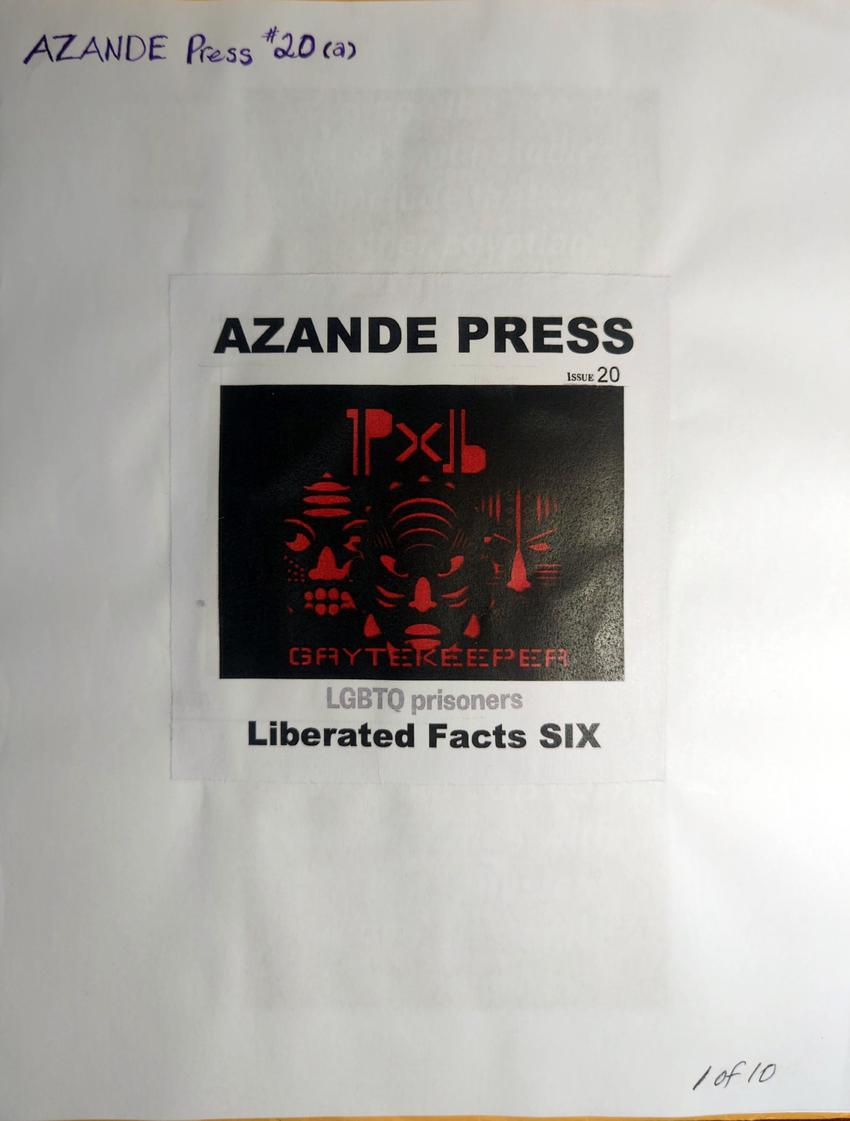
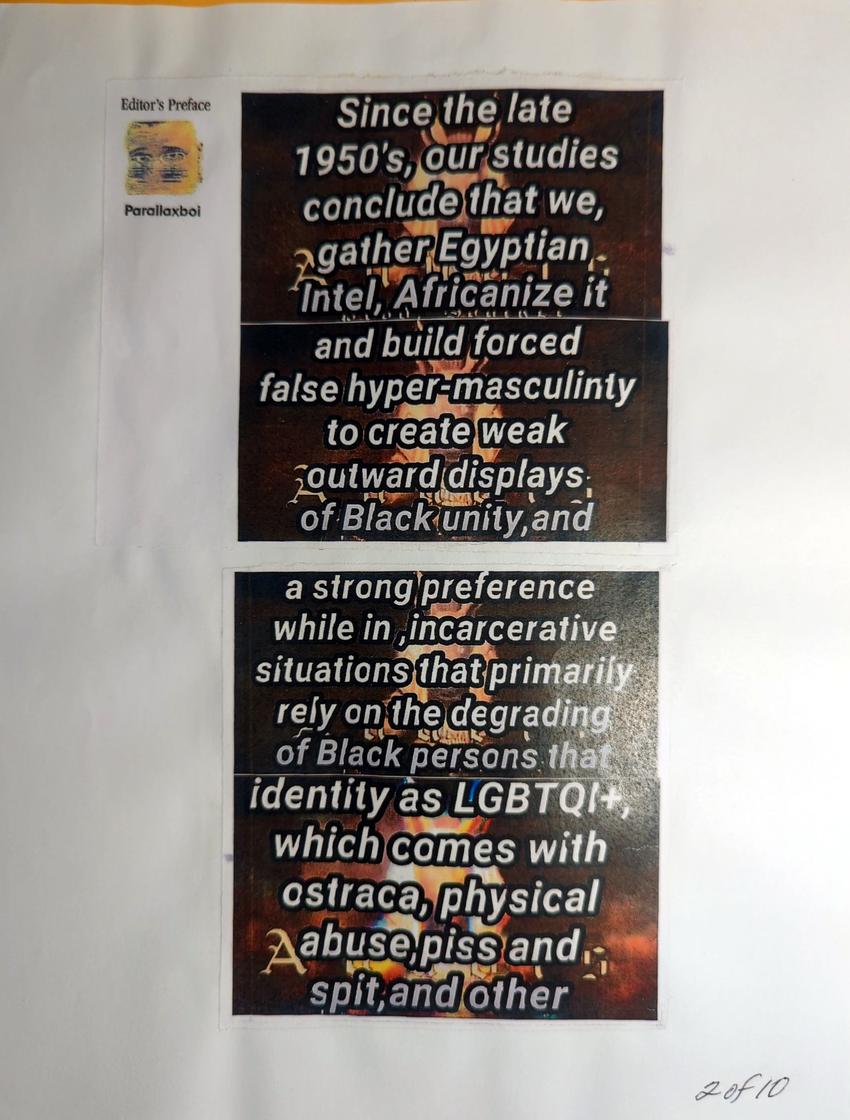
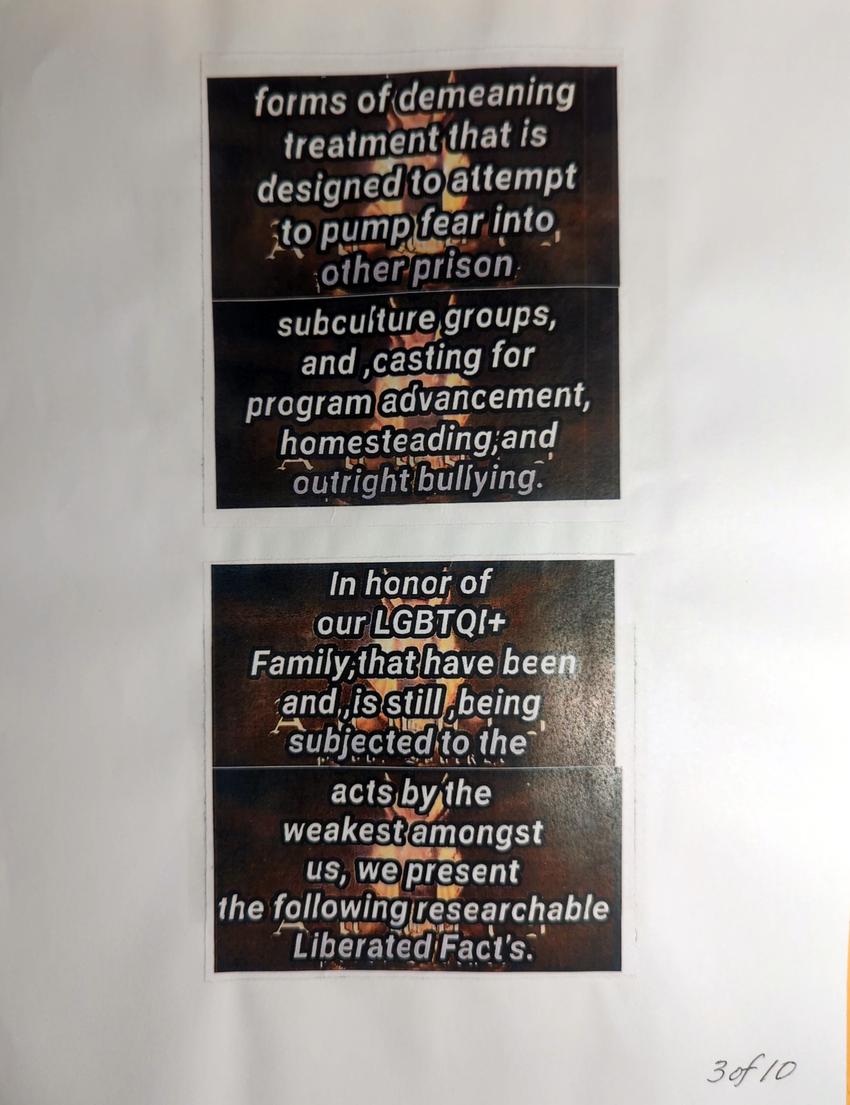
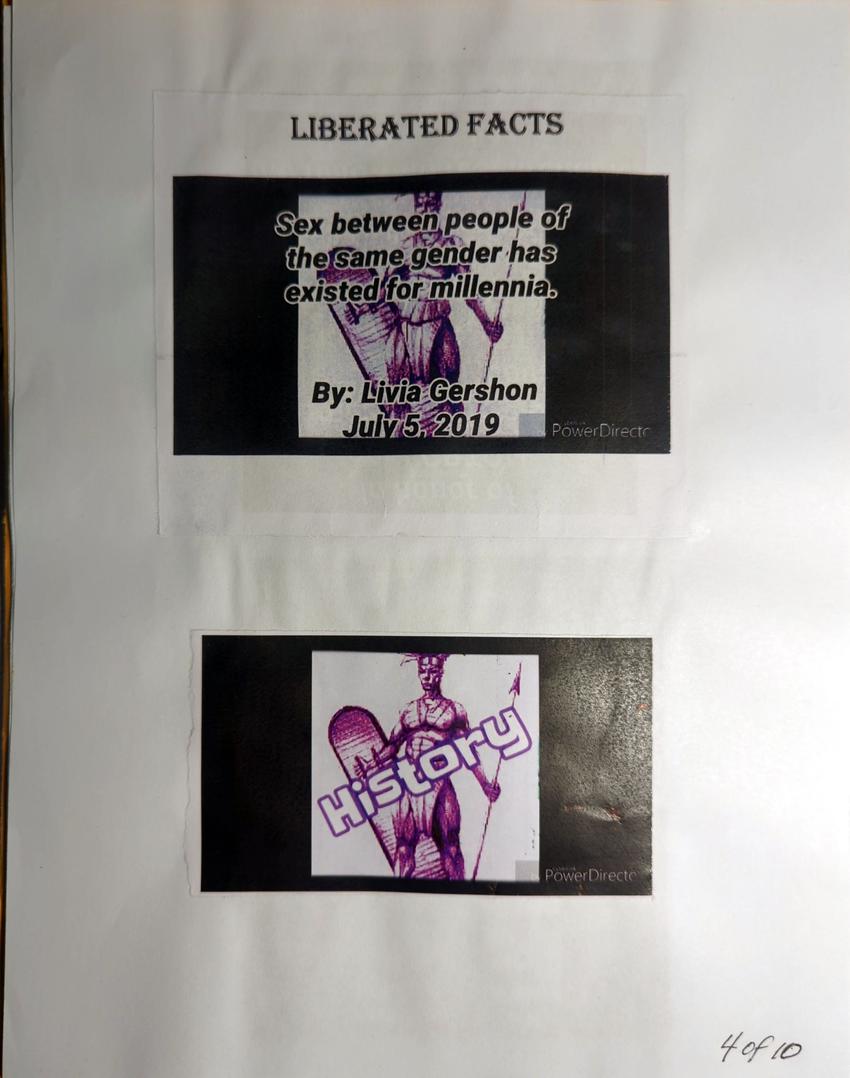
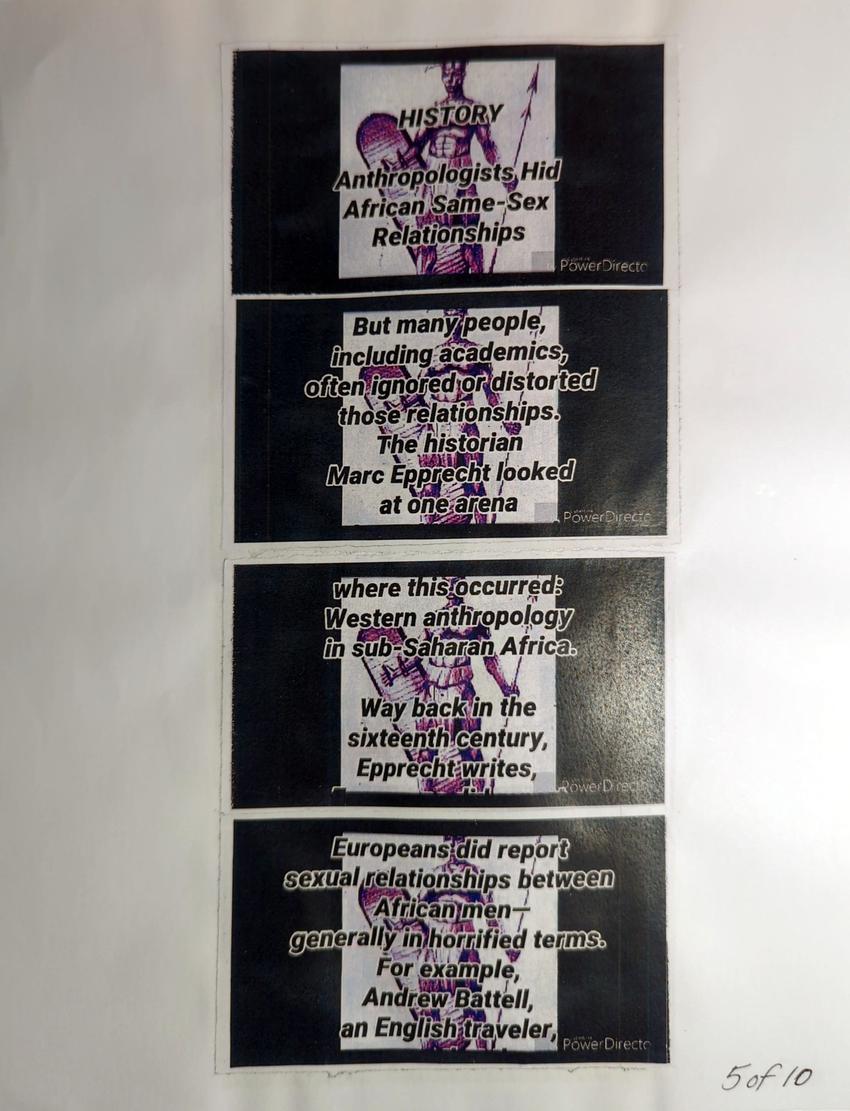
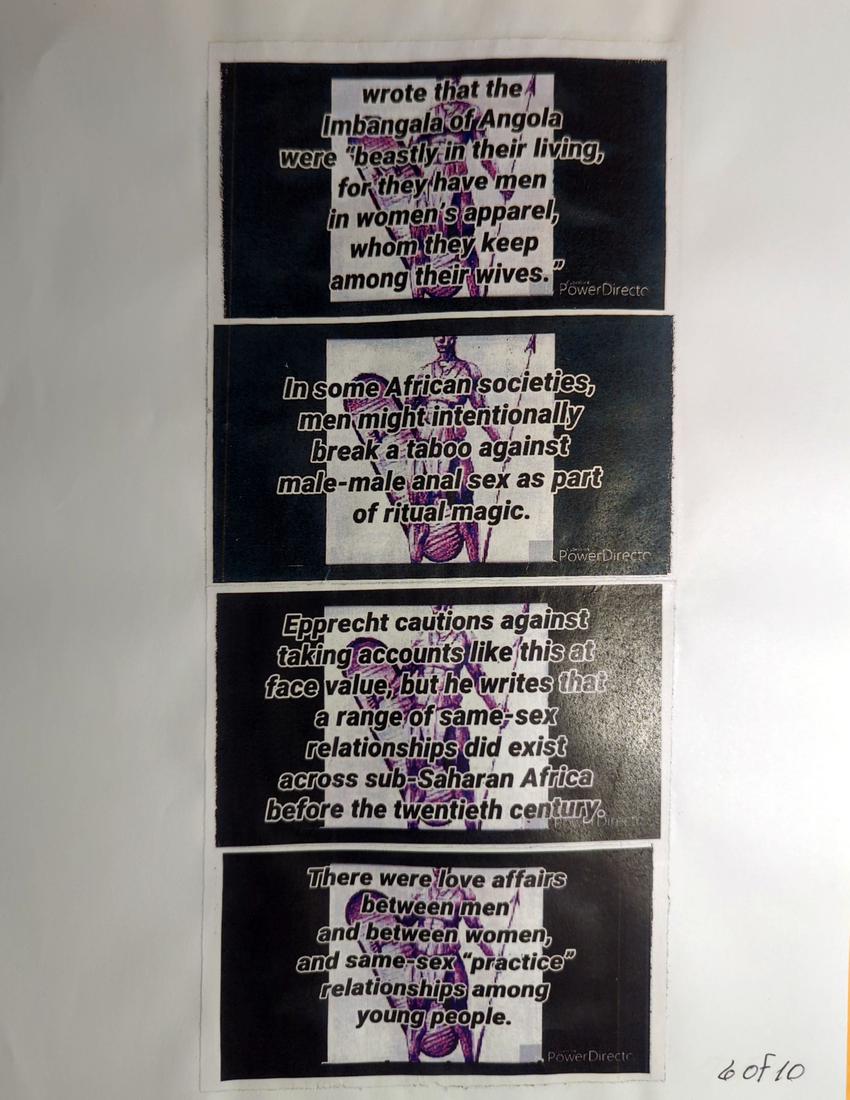

Replies